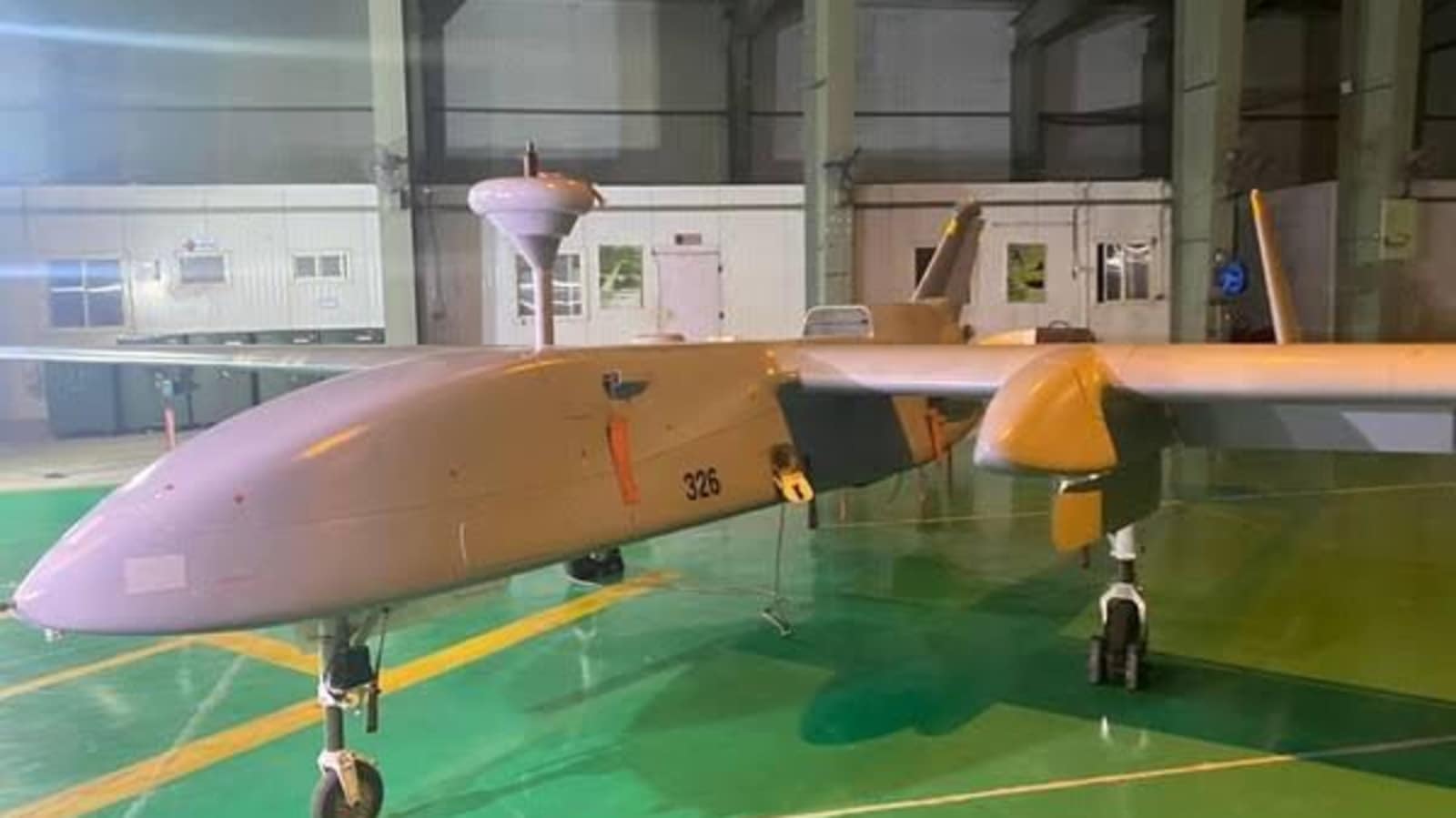SOURCE: RAUNAK KUNDE / NEWS BEAT / IDRW.ORG

In a strategic shift, India has decided to forego plans to arm its fleet of Israeli Heron Unmanned Aerial Vehicles (UAVs) and will instead focus on enhancing their communication capabilities by integrating satellite connectivity. This shift in approach is aimed at improving the endurance and overall functionality of these UAVs.
Initially, India had been pursuing Project Cheetah, a comprehensive upgrade initiative for the Heron UAVs used by the Indian military. Project Cheetah was structured to unfold in two phases, with each phase addressing critical aspects of the UAV’s capabilities.
The first phase of Project Cheetah involved upgrading the Heron UAVs with satellite navigation capabilities and specialized sensors designed to enhance surveillance and data collection. This phase was expected to significantly improve the clarity and precision of information gathered during missions.
However, the most significant aspect of Project Cheetah was the plan to equip the Heron UAVs with locally manufactured weaponry and technology of Indian origin. Under the original contract, the Israeli Heron UAVs were intended to be upgraded to not only undertake more specialized and extended surveillance missions but also to carry out precision strikes.
The upgraded Heron UAVs were envisioned to possess the capability to carry and launch air-to-ground precision missiles, significantly enhancing their combat potential.
However, the Indian government has now decided to shelve the plan to arm the Heron UAVs as part of the upgrade. Instead, the focus has shifted to bolstering their communication capabilities by integrating satellite connectivity. This decision is expected to provide the Heron UAVs with greater endurance capabilities and improve their overall performance in reconnaissance and surveillance operations.
NOTE : Article cannot be reproduced without written permission of idrw.org in any form even for YouTube Videos to avoid Copy right strikes. Websites doing illegal reproductions will get DCMA and Legal Notices.